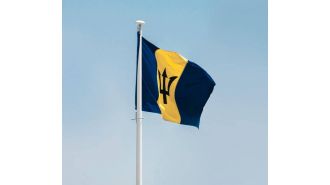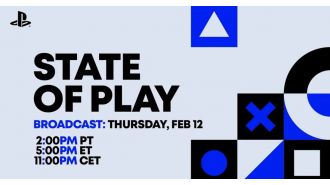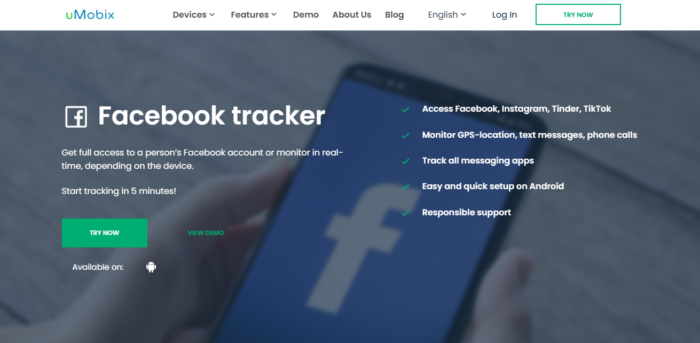New college graduates should prioritize paying off their student loan debt.
Don't let student loan debt become your fate. Stay informed and take action to manage your loans and build wealth as you start your career. Here are three essential things to know right after graduation.

It's no secret that student loan debt has become a common reality for many recent college graduates. With a total of over $1 trillion in student loan debt and a continuous upward trend, it's no surprise that it has become the largest household debt for many young Americans.
According to a report from the Federal Reserve Bank of Michigan, a staggering 30% of Black student borrowers default on their loans after entering college. This is a prevalent issue even among those who have earned a bachelor's degree, with 75% of borrowers from for-profit colleges dropping out.
Despite these concerning statistics, there is hope for managing and potentially eliminating student loan debt. By being well-informed and proactive, you can pave the way towards creating long-term wealth as you embark on your career journey.
Here are the top three things you need to know about student loan debt:
Forgiveness Programs
The Department of Education offers forgiveness programs to help ease the burden of student loan debt. These programs include the Public Service Loan Forgiveness and the Teacher Loan Forgiveness programs, both of which are designed to provide relief for borrowers.
For those working full-time in public service jobs or for certain tax-exempt non-profits, the PSLF program offers forgiveness of the remaining loan balance after 120 qualified payments. The TLF program, on the other hand, is available for teachers who have completed five consecutive years of full-time teaching at specific schools serving low-income individuals.
To determine if you qualify for these programs, you can visit the Teacher Cancellation Low-Income Directory or the US Department of Education's website.
Get to Know Your Loan Providers
After graduating, it's crucial to have a clear understanding of who holds your student loans. If you're unsure, you can visit the US Department of Education's website for guidance. Additionally, Sallie Mae's Manage Your Loan portal offers tools to help you stay on top of your payments and apply for deferments if necessary.
Payment Options
Most borrowers aren't required to make payments until six months after graduation. If you're having difficulty making payments at that time, it's important to contact your loan provider as soon as possible. You may be eligible for a deferment or forbearance, which allows you to postpone payments until a later date. Keep in mind that with a deferment, you may not be responsible for making interest payments.
It's essential to keep your loan provider informed and explore all available options to manage your student loan debt. Not only can this protect your credit, but it can also provide you with a plan to tackle your debt.
In conclusion, while student loan debt may seem overwhelming, there are resources and programs available to help you manage and potentially eliminate it. By staying informed and taking proactive steps, you can pave the way towards a brighter financial future.
7 Views










